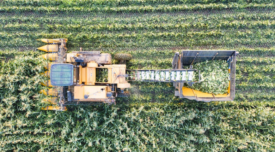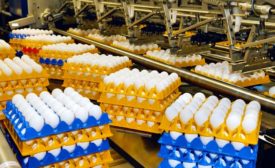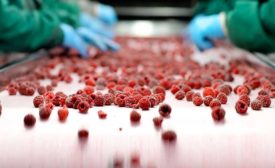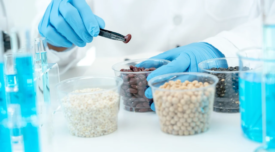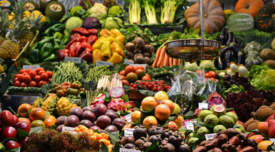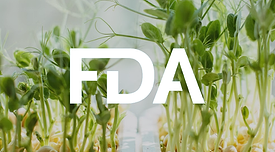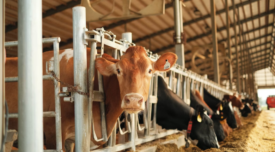Food Type
Cracking the Code for High-Quality Eggs: Ensuring Proper Egg Handling and Storage
Many factors can influence the microbial, physical, and functional qualities of eggs through each phase from production to the end user
October 5, 2023
Are ‘Standard’ Methods to Detect Non-Cultivable Pathogens in Food and the Environment Fit For Purpose?
Food system stakeholders face inherent challenges in managing non-cultivable foodborne pathogens
October 5, 2023
Never miss the latest news and trends driving the food safety industry
eNewsletter | Website | eMagazine
JOIN TODAY!Copyright ©2025. All Rights Reserved BNP Media.
Design, CMS, Hosting & Web Development :: ePublishing
